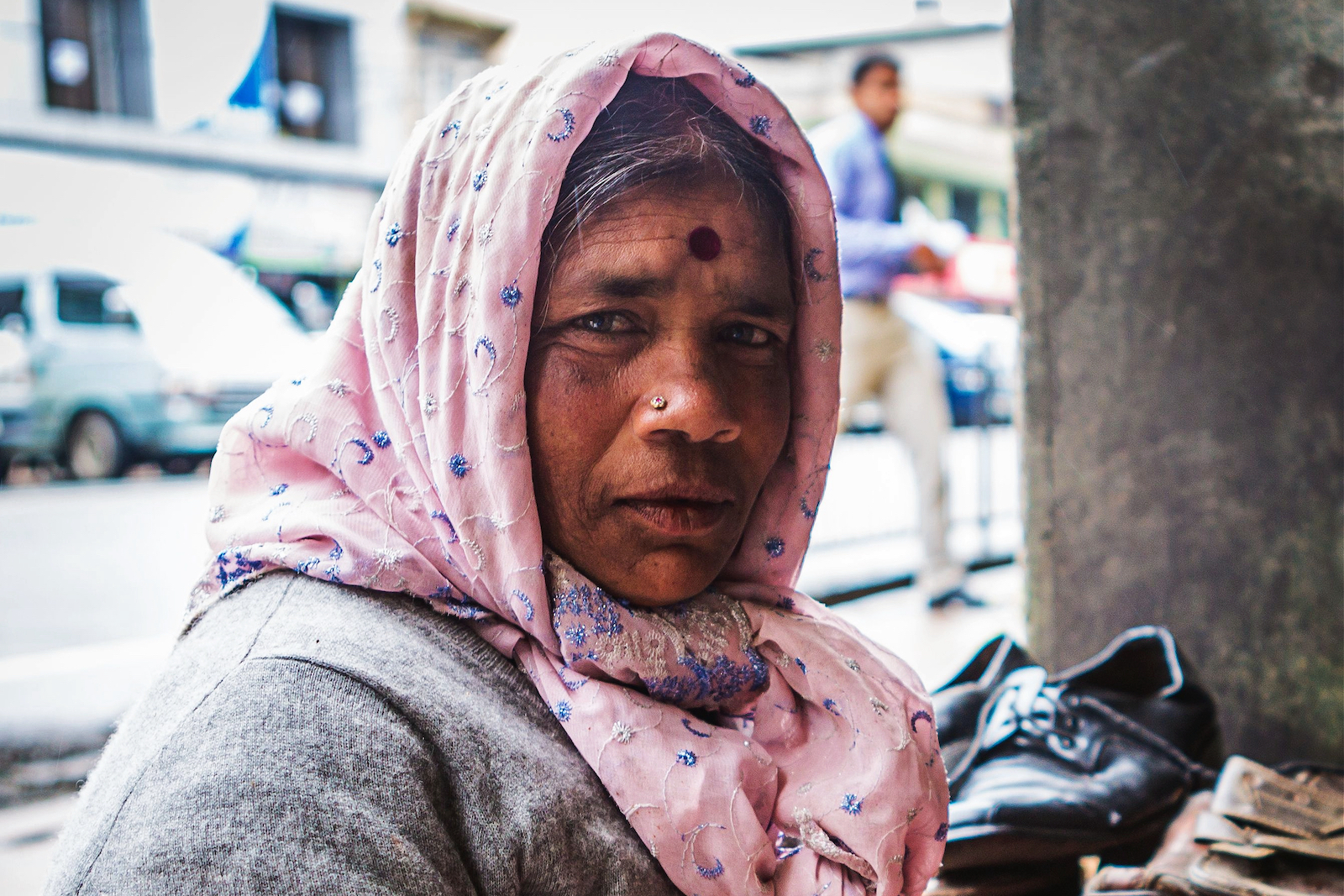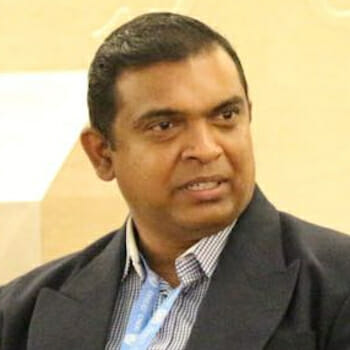
Sri Lanka’s Continued Apathy Toward the Tamils
The Indo-Sri Lankan Accord of 1987, Sri Lanka’s solitary international agreement addressing the ethnic divide between Tamils and the Sinhala majority, still resonates today. It holds special importance for India since Rajiv Gandhi, India’s prime minister at the time, proposed the 13th amendment to Sri Lanka’s constitution.
Moderate Tamils hailed the document, which acknowledged the Tamils as a Nation for the first time, as sacrosanct. Operational from its signing in July 1987 until the Indian Peace Keeping Force (IPKF) left Sri Lanka in 1990, the accord has since languished.
Inevitably marginalized by the Sri Lankan government, the accord faced stiff resistance from hardline Buddhist monks and Sinhala politicians, who staunchly opposed the 13th amendment. This amendment, designed to enhance provincial autonomy, called for a provincial council system and the devolution of powers over land, police, education, health, agriculture, housing, and finances to all nine provinces.
It also recognized Tamil as an official language and English as a link language, thus laying the groundwork for greater autonomy and a potential federal structure granting considerable power to the provinces.
In 1987, the north and eastern provinces were combined, forming a North-Eastern Provincial Council, only to be demerged into two distinct provinces twenty years later, following a high court ruling.
To many Sinhala parties, the 1987 accord represented India’s overreach into Sri Lankan affairs. They feared the amendment would enable Tamils (and also Muslims in the Puttalam district) to take control of police forces and land in their dominant areas. Most Sinhalese parties, including Janata Vimukthi Peramuna (JVP), National Freedom Front (NFF), and Jathika Hela Urumaya (JHU), called for the annulment of the amendment, viewing it as a threat to the nation’s unitary structure.
Conversely, the Liberation Tigers of the Tamil Eelam and several Tamil leaders rejected the 13th amendment, complaining of insufficient consultation and power devolution.
India, however, persisted in supporting the amendment. During a state visit in July, Sri Lankan President Ranil Wickremesinghe and Narendra Modi, India’s prime minister, discussed the long-overdue implementation. India has consistently advocated the amendment as an initial step towards peace, emphasizing equal treatment for Tamils.
Post-Sri Lanka’s economic breakdown, India has actively assisted the nation, replacing China as a major funder, and even digitizing their national identities akin to India’s Aadhar card system.
The contracts once awarded to China but stalled due to Sri Lanka’s financial difficulties are now in Indian hands, cementing a deep indebtedness from Sri Lanka to India.
Before his visit to India, President Wickremesinghe met with Tamil leaders who firmly rejected the outdated 13th amendment. Moreover, Sri Lanka’s inconsistent commitment to the accord has fueled speculation among both Tamils and Sinhalese.
The Tamil diaspora and refugees in India hope for a broader package recognizing their right to self-determination. Requests for a Truth and Reconciliation Commission, similar to South Africa’s, have gone unheeded.
A comprehensive development plan for Tamil regions, demilitarization, return of civilian land, and a compensatory package for war victims could be the pathway to healing and economic progress. Such a shift could draw investments from the Tamil diaspora across Europe and Canada, benefiting all strata of Sri Lankan society.

